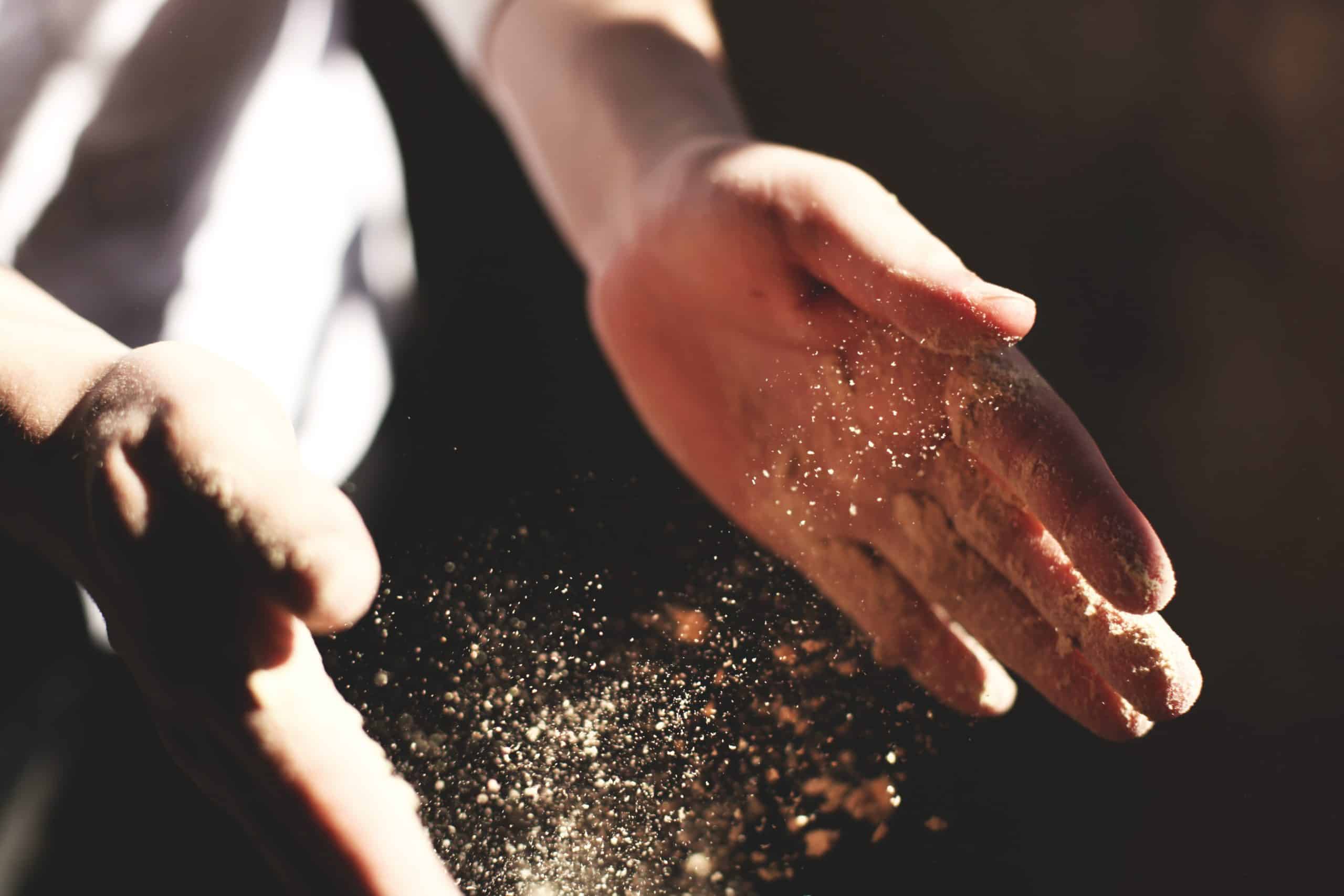There is a lot of talk these days about handwashing, particularly as it pertains to the spread of Coronavirus during current times. The fact is that handwashing is important for many reasons and the transmission of illnesses and germs is not exclusive to the pandemic. Poor handwashing hygiene can lead to a host of serious and significant medical issues and diseases.
When it comes to staying healthy and well, handwashing cannot be overemphasized. Perhaps it is the current pandemic that has shed much light on poor handwashing and the potential risks. Handwashing has been determined to be a vital way of preventing the spread of infectious disease and illness in hospital settings, particularly in environments where others have compromised immune systems. Furthermore, germs can be spread in superficial touch to surfaces all around you- including any mobility aids and devices that you or your loved ones use.
Some common conditions that can be caused by failure to wash your hands include:
- Pink eye
- Hepatitis A
- Diarrhea
- Colds
- Food poisoning
- Acne and breakouts
It merits repeating that another repercussion of poor handwashing hygiene is the potential for transmission of germs and illness to those you come in contact with. For this reason, handwashing is a matter of public health and safety, particularly during this pandemic.
So, just how dirty are your hands? Use these tips to keep them cleaner and prevent the transmission of germs:
Healthful Handwashing Hygiene
How are you currently washing your hands? Using warm water and soap is key in preventing the transmission of germs. Make sure to remove any and all jewelry from your hands and fingers first, wet your hands, and then add soap. Vigorously rub the soap into a lather for a full 20 seconds, paying attention to between your fingers and the backs of your hands. Rinse well and use a paper towel to turn off the water; dry with a paper towel or air dryer, ideally.
Routine Surface Sanitization
Make a bleach-based solution with one-part bleach to two-parts water to wipe down any mobility aids, equipment, railings, or other surfaces that are routinely touched or handled. Allow the surfaces to air dry. As for textiles, fabrics, or cloth surfaces, launder in hot water with detergent and bleach to get rid of potential contaminants.
Sanitary Solutions To-Go
When you leave the house, bring along a container of alcohol-based hand sanitizer, the kind that you rub in your hands and air-dry. This makes for a good substitute when you are not near a sink or water to wash hands, as needed. Sanitizing your hands with hand sanitizer doesn’t clean your hands, per se, but rather removes germs that could be transmitted to others.
Use a dime-sized amount in the palm of your hands and rub together, getting between fingers, too. Rub until dry, usually up to 30 seconds, and keep sanitizer out of reach of children and pets as it can be toxic if ingested. If there is a sanitizer shortage in your area, you can make your own using aloe vera gel and rubbing alcohol; check out online tutorials to learn more.
Cough and Sneeze Protocol
To keep hands cleaner and germ-free, master the ‘vampire cough’. The vampire cough is when you cough- or sneeze- into your elbow or the crook of your arm instead of your hands. Try it!
Prudent Laundry Practices
Germs can also spread through towels and linens. If you use a cloth towel to dry your hands after washing, hang it up to dry after each use, and don’t forget to wash the towel frequently.
Dependable Disposable Gloves
Another tip for cleaner hands is to wear disposable gloves when the job gets too messy. Consider buying some sturdy disposable gloves when handling things like diapers or bodily fluids.
Informed Future Generations
The best way to inform future generations of the importance of proper handwashing is to model good behavior for them to replicate. Very young children need to wash their hands, so help them do it the right way. Consider keeping disposable anti-bacterial wipes nearby and help them to suds-up and rinse as needed. Demonstrate frequent handwashing and your kids will also learn good handwashing hygiene, too.
National Handwashing Awareness
Believe it or not, but handwashing awareness is so vital to health and wellbeing that there is a national day to honor and observe it. National Handwashing Awareness Day is celebrated on March 25th widely and was due to a collaboration and partnership with UNICEF. The goal of this day is to bring awareness to the public regarding the prevention of Covid-10 and the current pandemic. What can you do to pay tribute to this special day? Wash your hands well and often!
Use these tips to practice healthful hand hygiene and prevent a wide host of illnesses and afflictions. For mobility solutions with the potential to change lives for the better, call on the team at Pacific Mobility.
President, Husband, Father, Grandfather Graduate of UC Davis- Bio Sci Major- Go Aggies! Jeff has extensive experience in all of Pacific Mobility’s products and services, and specializes in accessibility products as well as stairlifts, ceiling lifts and custom wheel chairs. His hobbies include spending time with family, gardening, mountain biking, exercising and off road motorcycle riding.
24 years as Owner/President of Pacific Mobility Center – selling, installing, and servicing stairlifts, porch lifts, ceiling lifts, pool lifts, handicap ramping, specialty wheelchairs, scooters, power wheel chairs, and other power mobility devices
Certified Environmental Access Consultant since 2008
Licensed General Contractor since 1998
Certified Aging in Place Specialist since 2016
Board Member for Home Access Professionals
Member of Association of Members of the Accessibility Equipment Industry (AEMA)




